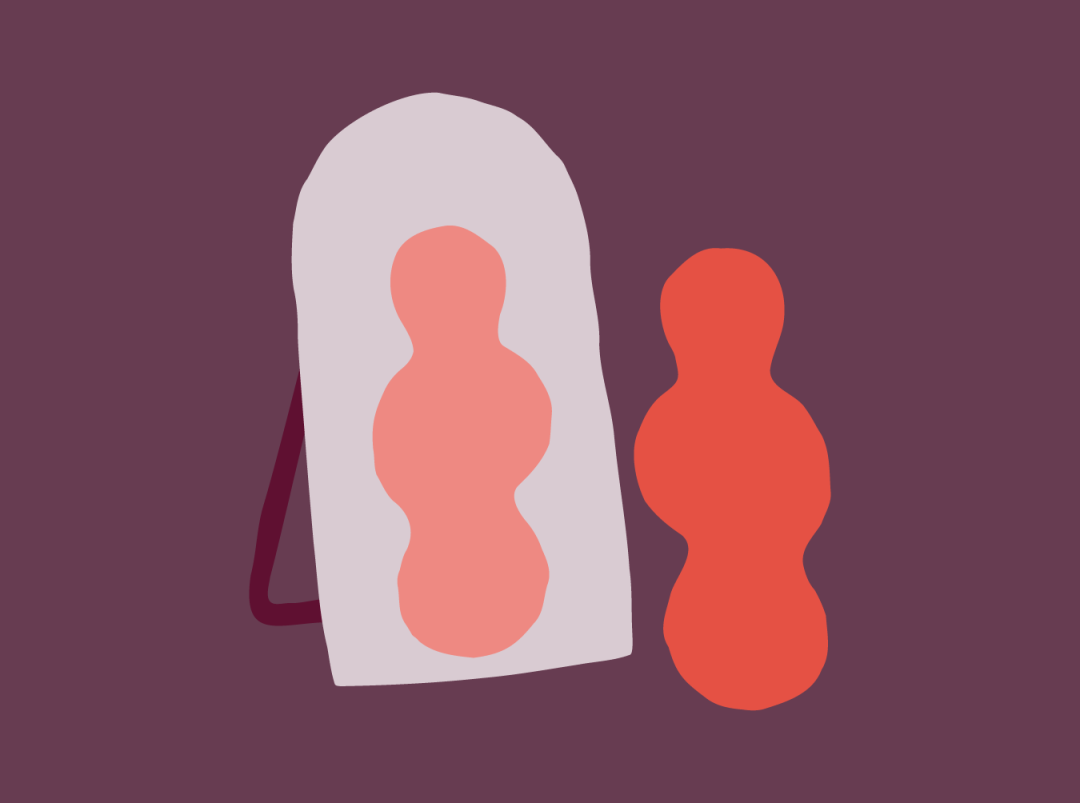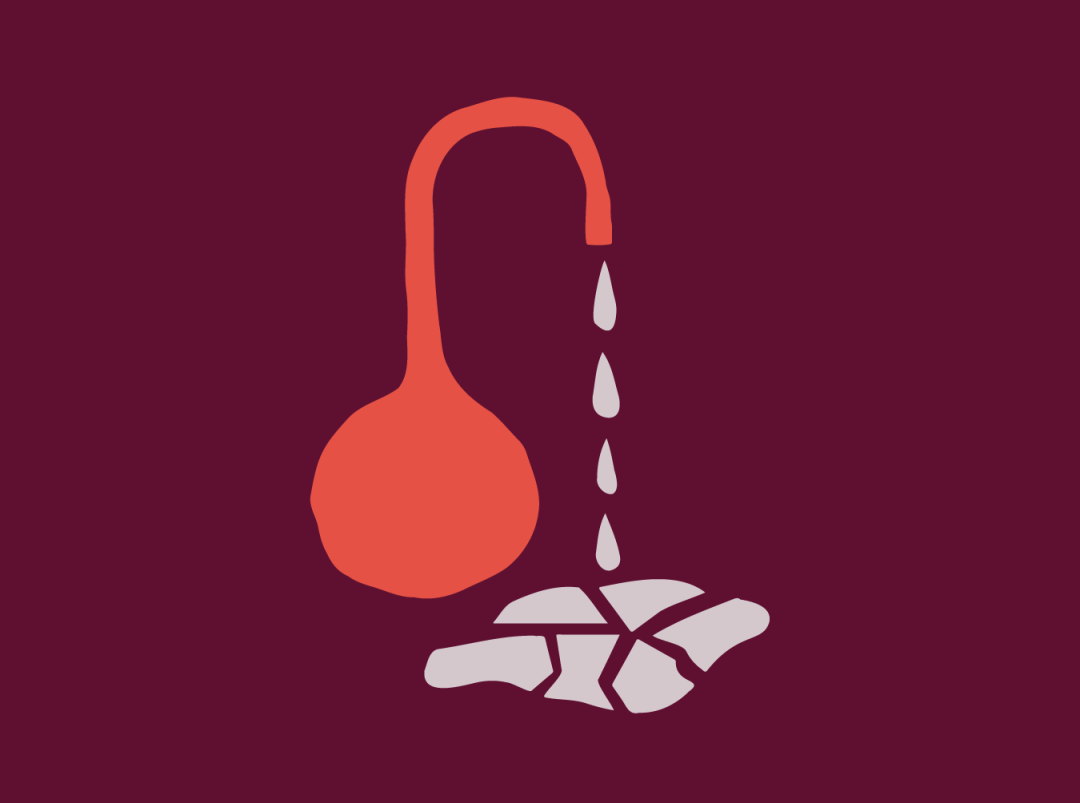#explainer
What the F is Up With Period Poop?
health
·5 min read

by Dani J Berkowitz | 05/22/2019
As the Community Associate and Period Management Specialist at Thinx, I had the pleasure of connecting with our amazing community. My job was to listen and then plant the seeds in someone else to feel empowered about their period, including educating them on how they can manage their period better by using Thinx. When I have had these intimate conversations, either in person or online, most people are pretty well-versed on their cramps, bloating, and sore boobs.
But out of the hundreds of conversations I’ve had with people around the world, one of the most popular phenomenons I hear about is period poop.
Since I can remember, I have always been obsessed with my period — whether it was waiting for my first period to come, constantly studying how long my period lasts, what my period consists of, you get the picture. And I’m a generally grateful person when I’m bleeding because I know that my body is working the way it should. I’ve learned how to track and monitor my period through amazing resources and doctors, I’ve begun my own seed cycling experiment, I know how to eat before, during, and after my period... and yet, I still find myself every month on a toilet *dying* of cramps, wondering why the wrath of Satan is coming out of my butthole at the same time the wrath of Medusa is coming out of my vagina.
Like, can’t we just compromise on at least one at a time? Turns out, abdominal bloating and diarrhea around the time of your period is a thing for some people (um, hi). Instead of finding another excuse to curse the wind when this happens again, I decided to put my researcher hat on and explore exactly why pooping on your period is like no other pooping experience. Join me on my gastrointestinal quest:
why do we poop so much on our period?
Let’s go back to basics: Sometimes your period needs a little help getting started, so your body sends prostaglandins, which are little messengers that tell your uterus to contract, both causing cramps and encouraging your flow to get a move on. These same little messengers also tell your digestive tract to contract and relax, which is why your poop-process may change on your period.
The more of these prostaglandins your body releases, the more likely you are to be struck by the period-poop phenomenon, which means that heavy cramping often goes hand in hand with heavy pooping… not fair.
why does it feel like the worst poop ever?
Let’s talk anatomy: from front to back are your bladder, your uterus, and your rectum. These organs are all spooning together, like 3 P’s in a pod (period, poop, and pee). Menstrual cramps can trigger the neighboring organs — if your uterus lays back a little, when you get menstrual cramps the pain can seem like it’s coming from your rectum and makes you feel like you have to go poop, even out of nowhere!
how can you prevent this or make it more manageable?
Just like tracking your period helps you anticipate and prepare more effectively for your cycle, tracking your period poops leading up to and during your period can keep you informed about your body! A useful tool I found is the app Cara by Clue that can help you track your digestion and keep an overview of your gastrointestinal symptoms and stool consistency, for those of us, y’know, poop nerds.
Exercising and eating a fiber-rich diet—fruits, veggies, whole grains—all month long are good ways to start. Being active can help your digestive system run smoothly, and fiber has a well deserved rep for keeping your body regular. Making minor changes to your eating habits may also help you feel better. (Word-on-the-street is a tea mixture of fennel, caraway, and anise will help calm your intestines.) Figure out what works for you!
Whether you’re a period poop veteran or just starting to notice these symptoms, I hope my experience and research assists you in managing your period (poops) better. I wish for all of us healthy and frequent stools that happen in a timely manner (ideally at home, before a shower).
Dani J. Berkowitz is a writer and was the former Community Associate and Period Management Specialist at Thinx.
by Dani J Berkowitz


